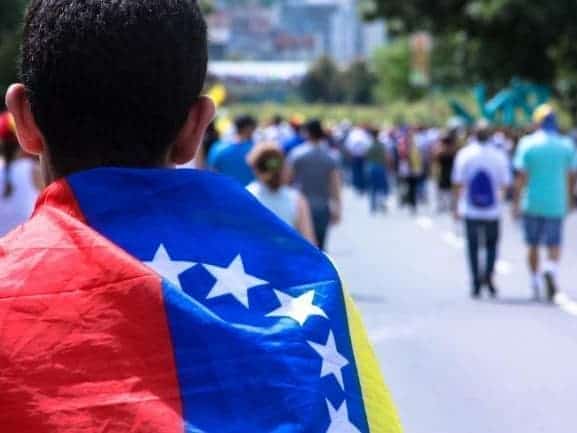Crisis- and sanctions-hit Venezuela is struggling with resuming gasoline production at its refineries, restarting and shutting various units again at some of its still operating refineries in recent weeks.
Most recently, PDVSA, the state oil firm of the country sitting atop the world’s largest crude oil reserves, has resumed gasoline production at the reformer unit of its Cardon refinery, by processing naphtha and raising its octane levels, five people with knowledge of the matter told Reuters on Monday.
The reformer unit at Cardon—a refinery with a nameplate capacity of 310,000 barrels per day (bpd)—currently produces around 25,000 bpd of gasoline from naphtha for the domestic market, Reuters’ sources said.
In the middle of July, PDVSA resumed gasoline production at Cardon, which was at the time the only operating refinery in the country that is experiencing severe gasoline shortages. However, the fluid catalytic cracking (FCC) unit at Cardon was halted shortly after it was restarted back in July, one source told Reuters today.
Venezuela’s only other operational unit is the FCC at PDVSA’s El Palito refinery with capacity 146,000 bpd. The operating unit at that refinery produces around 20,000 bpd of gasoline, according to Reuters.
Earlier this month PDVSA was looking to restart another gasoline-producing unit soon, hoping to ease the gasoline shortages in the country.
PDVSA aims to restart the gasoline-producing unit at its CRP refining complex within two weeks, following the restart of two crude distillation facilities earlier this week, Argus reported on August 13, citing company officials and internal documents it had seen.
Venezuela’s 1.3-million-bpd refining capacity is mostly offline, due to the cash crunch at PDVSA and Venezuela, the crumbling industry, and years of lack of investment in maintenance and repairs.
The lockdown to curb the coronavirus pandemic in the country already in a severe economic collapse has reduced the demand for gasoline, but shortages persist.

